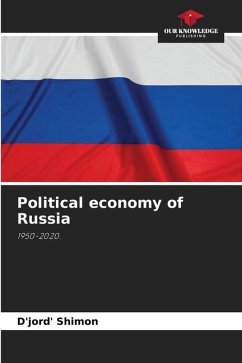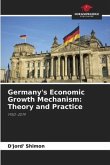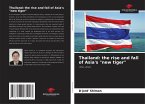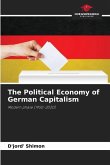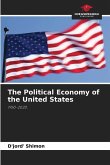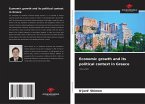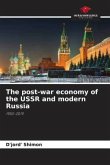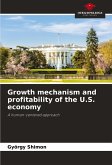Russia has the largest territory in the world, being one of the leading players in the international arena. Its modern development in a broad sense includes both the post-war Soviet period and the subsequent post-Soviet period. The study by Hungarian economist György Szymon Jr. analyzes the key political and economic processes of Russia's development at the present stage. Theoretically, it covers general issues of economic policy, as well as neoclassical and endogenous models of economic growth. Econometric analysis was conducted primarily using the general, or world model, constructed with reliance on statistical data from 131 countries, including the former USSR. It takes into account not only physical and human capital, but also time as an event space of creative economic activity. This model allowed the author to establish that after 1950 the overall factor efficiency of the Russian economy did not deviate significantly from the world level, its development generally conformed to international standards. The monograph pays special attention to the economic problems of post-Soviet Russia and its role in the processes of integration within the CIS.
Bitte wählen Sie Ihr Anliegen aus.
Rechnungen
Retourenschein anfordern
Bestellstatus
Storno

